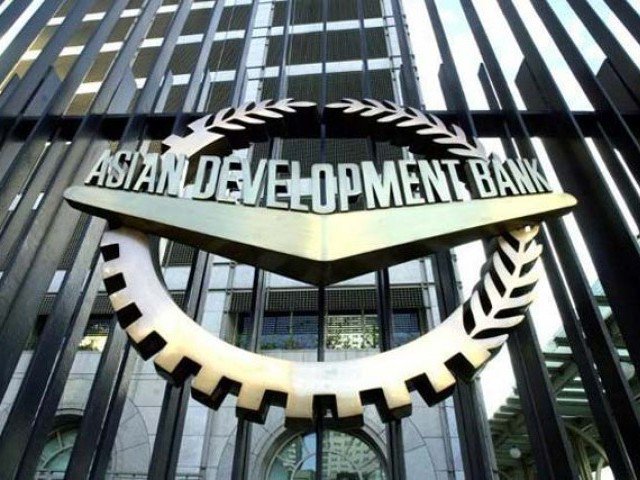LAHORE: Experts from the Asian Development Bank (ADB) on Saturday inspected the 480-kilometre Karachi to Rohri railway line, a key section of Pakistan’s delayed Main Line-1 (ML-1) upgradation project.
The inspection was led by ADB Chief Transport Planner Sangyoon Kim, who was accompanied by Pakistan Railways’ chief engineer open lines, divisional superintendents from Karachi and Sukkur, infrastructure specialists, and other officials.
The ADB team is expected to meet with Pakistan Railways’ chief executive officer, the additional general manager for infrastructure, and Chinese experts working on the ML-1 project. Officials said the ADB’s fact-finding specialists are preparing a detailed report to assess the feasibility and financing potential of the Karachi-Rohri segment, which is part of the first package under ML-1.
Upgrading this section is important for improving rail operations and supporting key economic projects. The section plays a central role in transporting coal from Thar and provides access to mineral reserves such as those in Reko Diq.
The ML-1 project, which has been in the pipeline for nearly 20 years, was first proposed in the early 2000s. It saw limited progress due to financial and political delays until its inclusion in the China-Pakistan Economic Corridor (CPEC) in 2015.
Although China initially showed interest in financing the full project through concessionary loans, that interest later declined due to Pakistan’s economic situation, repayment risks, and CPEC-related delays.
The full ML-1 line runs 1,872 kilometres from Karachi to Peshawar, passing through cities such as Hyderabad, Rohri, Multan, Lahore, and Rawalpindi. It links over 90 stations and handles more than 75% of the country’s passenger and freight traffic.
If completed, the ML-1 project is expected to reduce travel time by half, raise train speeds to 160 km/h, improve safety, and increase freight capacity. Pakistan Railways hopes the project will help modernize its network and revive its operations.
Originally estimated at $6.8 billion, the cost of ML-1 has been revised multiple times due to design changes, economic instability, and currency depreciation. The current estimate is around $6.6 billion, though it may change again depending on the scope and financing terms.
With China stepping back from full financing, Pakistan has turned to other lenders including the ADB. While the bank has not committed funding, its inspection and ongoing meetings reflect growing interest.
Railway officials say that a well-prepared proposal and better project management could encourage ADB support for at least part of the project.
Train derailments in some ML-1 sections have become more frequent, contributing to declining passenger numbers. Officials believe funding is crucial to prevent further deterioration and are actively seeking support to begin implementation.




